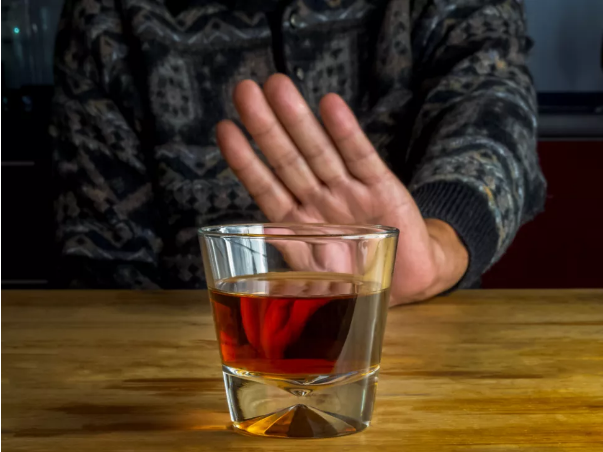
Getting drunk without drinking: Intoxication and Fatty Liver Disease
Most people have experiences with alcohol that helped set boundaries & limitations with the drink. Others give in to the desire to over indulge with alcohol on an ongoing and regular basis. We have all seen people who have had ‘a little too much’ in public, and regrettably, behind the wheel of cars. I have lost a close relative and a best friend to drunk drivers. Science and experience have taught us that drinking gets you drunk, but can you imagine getting drunk without drinking?
The liver is the size of a football and sits under the right side of your rib cage. The liver is responsible for assisting in the digestion of food & ridding the body of toxins. Results of a poorly functioning liver can be a lack of vital proteins, nutrients and vitamins, abdominal pain and swelling, itchy skin, dark urine color, pale stool color, chronic fatigue, nausea or vomiting, and more.
Alcohol consumption contributes to liver health. When alcohol leaves a person’s system, it is being filtered by the liver. The liver breaks down most of the alcohol you drink so that it can be removed from the body. The byproduct of this process can create substances that are even more harmful than alcohol. These substances can damage liver cells and cause serious liver disease.
Unfortunately, the damaging effects of fermenting gut bacteria can happen without having a sip of alcohol. Auto-brewery syndrome (ABS) is a form of liver disease thought to be caused by extended antibiotic use, poor nutrition, high carbohydrate consumption, and improper liver enzyme activity caused by pre-existing conditions (e.g., diabetes, genetic conditions). These conditions allow bacteria or fungi to infest your gastrointestinal system and ferment carbohydrate in your belly, producing intoxicating alcohol. In addition to feeling drunk, a person may experience vomiting, belching, chronic fatigue syndrome, dizziness, loss of coordination, and disorientation.
While ABS is not curable, it is treatable. Medications are used in the treatment of ABS. Antifungal medication, such as fluconazole or micafungin, are used to rid your digestive tract of fungi. Probiotics are used to populate your tract with the appropriate bacteria. Diet therapy instructs patients how to maintain a high protein, low carbohydrate diet to avoid creating a microbe friendly diet in your belly again.

Thanks for this very informative report on health. It helps everyone fed with such information become aware of the importance of keeping tract of one’s health. I encourage more write ups on health and diseases that affect all of us.
HOW COME i HAVE EXTREMELY FATTY LIVER ABD BARELY DRINK